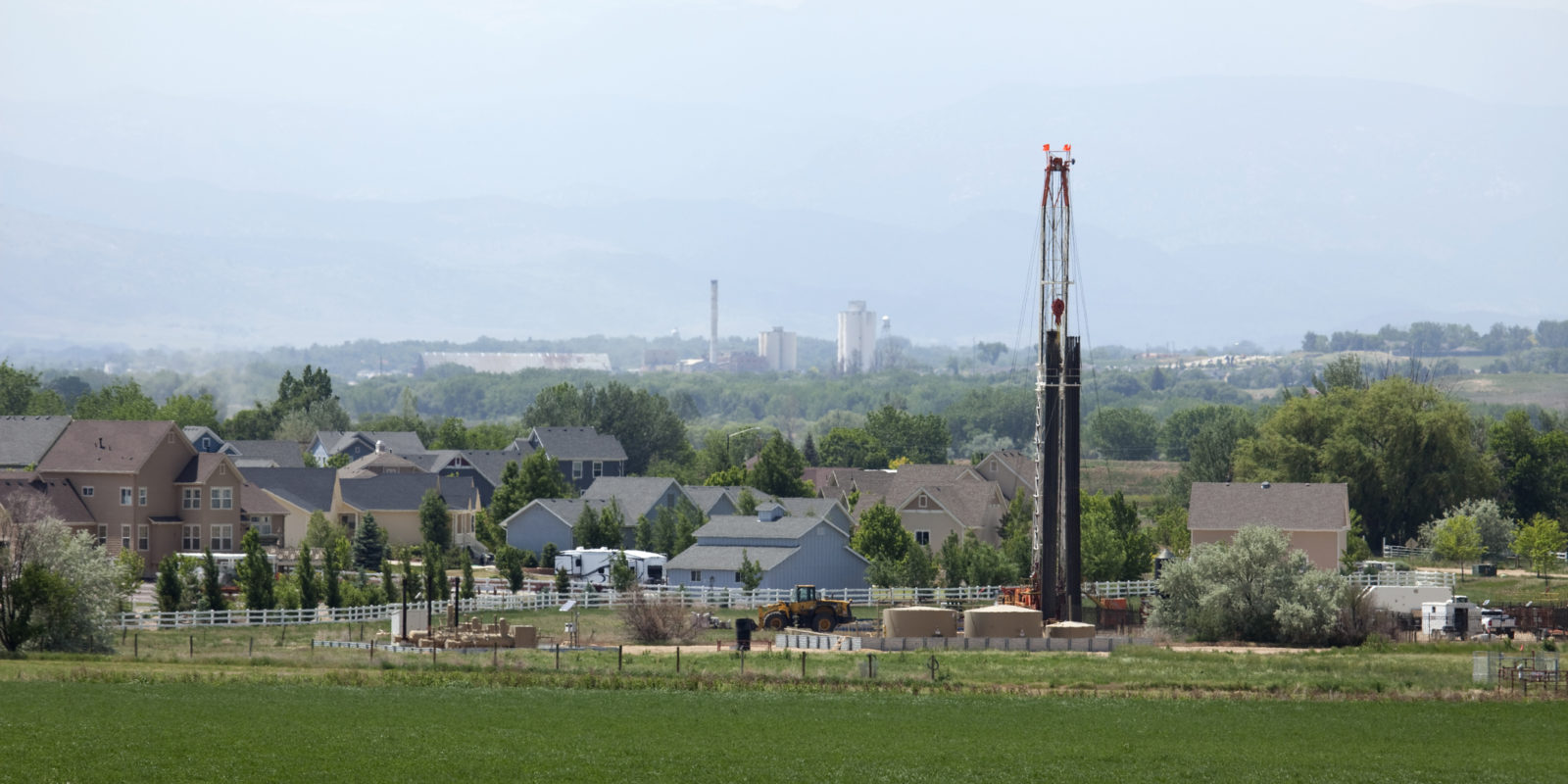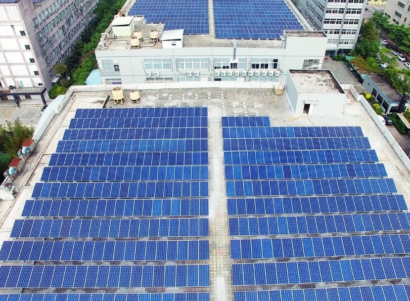For Immediate Release: April 28, 2021
Press Contact: Adrienne Underwood, adrienne@psehealthyenergy.org, 530-919-2164
OAKLAND, CA – Frequent use of exemptions may undermine public health protections of oil and gas setback policies, according to a new study led by researchers at the research institute PSE Healthy Energy, Harvard University, and Nicholas Institute for Environmental Solutions at Duke University. The study, published April 28, 2021, in Energy Policy, is the first to assess the effectiveness of distance-based setback regulations for unconventional natural gas development (UNGD) or “fracking.”
“Setback regulations are commonly employed to protect public health, so we wanted to test if they’re effective in practice,” said lead author Drew Michanowicz, DrPH, MPH, CPH Senior Scientist at PSE Healthy Energy and visiting scientist with the Center for Climate, Health, and Global Environment at Harvard T. H. Chan School of Public Health (Harvard Chan C-CHANGE). “From our assessment of PA’s 2012 setback policy, existing well pad exemptions and waivers seem to occur frequently enough that we didn’t see much change in how wells were sited in relation to nearby buildings.”
Previous studies have associated adverse health impacts with residents’ proximity to UNGD wells, including birth defects, premature births, asthma, migraines, and fatigue. As a result, policymakers across the United States use setback requirements to establish development-free zones around well sites. To assess the effectiveness of setbacks in protecting public health, the study focused on Pennsylvania’s Act 13—a 2012 statewide law restricting new unconventional wells within 500 ft. of non-industrial buildings. Through a detailed spatial analysis, researchers observed trends in wellhead locations and proximity to likely occupied buildings both before and after Act 13.
Despite the regulation’s intent, the study found no significant change in how wells were sited after Act 13 took effect in 2012. These findings suggest that exemptions, variances, and consent waivers provide opportunities to avoid or weaken well siting requirements. This results in wells placed within PA’s setback distance (500 ft.)–a distance that has been previously found to be insufficient to protect against routine exposures to toxic substances such as benzene, hydrogen sulfide, and PM2.5 from UNGD. “The effectiveness of setback policies depends not just on the distance, but also on the ease and frequency with which exemptions are granted,” Michanowicz said. “To protect public health and safety, regulators should complement setbacks with other emission controls and other operational and safety performance standards.”
“With the myriad of health effects occurring in communities near hydraulic fracturing–increased hospitalizations to respiratory irritation to birth defects–it’s important to ensure that these setback regulations are actually effective at protecting public health,” said Jonathan Buonocore, Sc.D., research scientist at Harvard Chan C-CHANGE.
Of the 31 oil and gas production states across the country, an estimated 21 have some form of minimum surface setback in place. For states considering strengthened setbacks, these findings demonstrate the impact that setback exemptions and waivers can have in practice. For states with existing setback regulations, regulators could report well siting exemption rates and rationales and if warranted, consider changes to narrow exemptions that may be used too frequently.
Other researchers on this study include Katherine E. Konschnik, J.D., Nicholas Institute for Environmental Solutions, Duke University, Shaun A. Goho, J.D., Harvard Law School Environmental Law & Policy Clinic and Aaron S. Bernstein, M.D., M.P.H., C-CHANGE, Harvard T. H. Chan School of Public Health.
Access the study here.
###
About PSE Healthy Energy
Physicians, Scientists and Engineers (PSE) for Healthy Energy is a nonprofit research institute dedicated to supplying evidence-based scientific and technical information on the public health, environmental, and climate dimensions of energy production and use. We are the only interdisciplinary collaboration focused specifically on health and sustainability at the intersection of energy science and policy. Visit us at psehealthyenergy.org and follow us on Twitter @PhySciEng.













